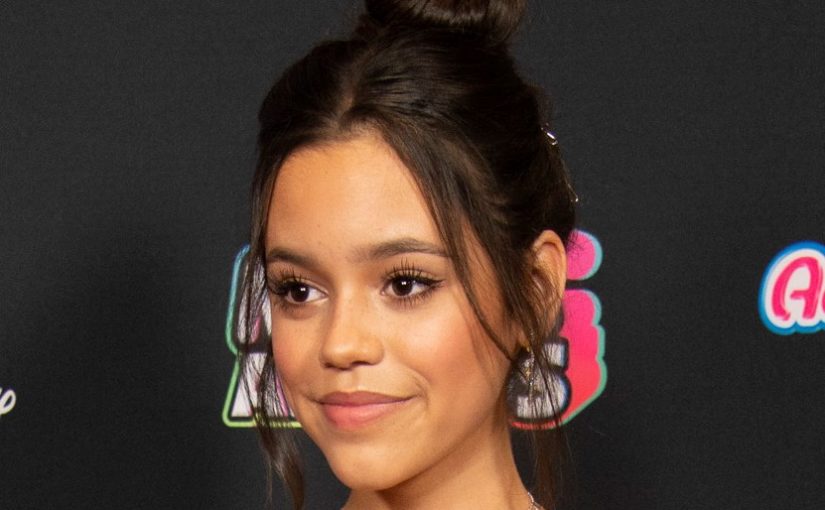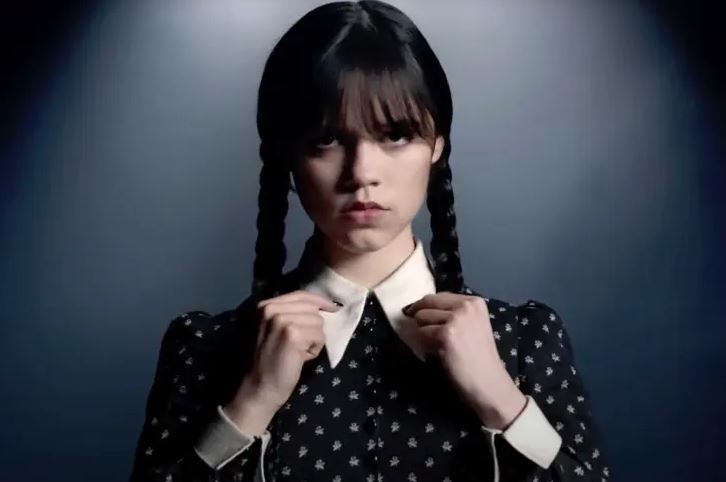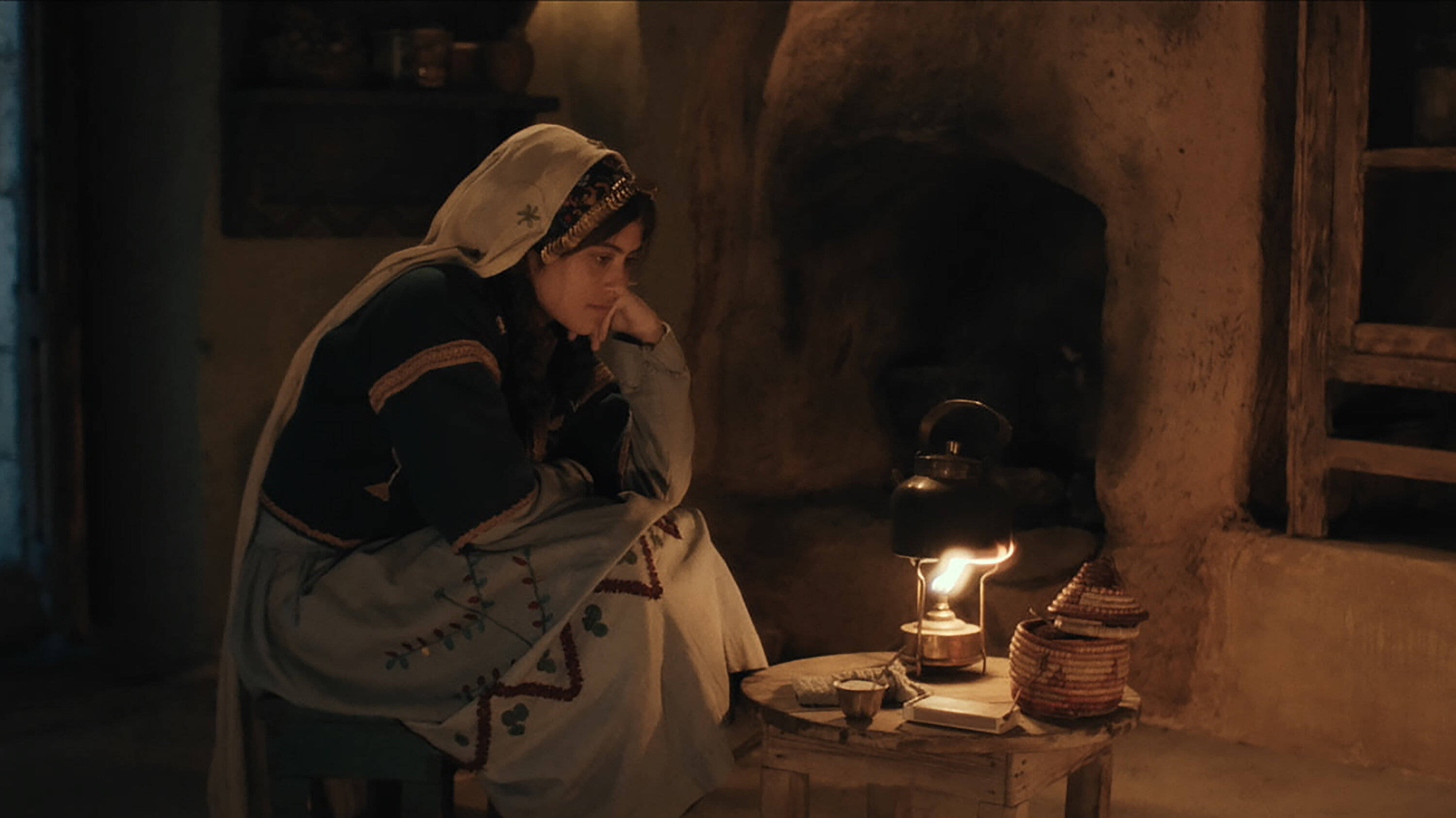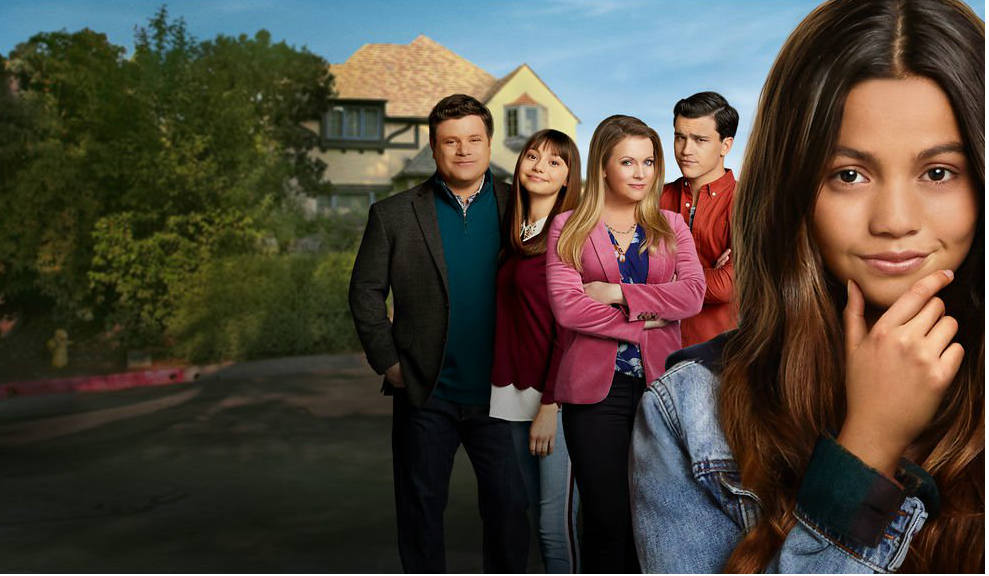In December, two articles appeared here asking which type of antisemitism was more dangerous for Jews: the kind promoted by Kanye West or Jenna Ortega. The comparison surprised many. The fallen-from-grace hip hop artist Kanye openly loves Hitler, while Ortega, star of Netflix’s Wednesday, seems a nice person who genuinely wants to help those in need. Judging by the controversy that ensued, the question was entirely warranted. The argument was never that Ortega’s an antisemite, but that antisemitism under the social justice guise of anti-Zionism is at least as dangerous as its other forms, because it is so easily accepted. The online outrage entirely validated the point.
The original article argued that Ortega was doing damage to Jews, especially young Jews on college campuses, by pinning a link to the “Decolonize Palestine” website to her Twitter profile. That site has the look and feel of a progressive social justice advocacy page, but the veneer masks a series of talking points completely aligned with Hamas’s.
As it turned out, Hamas agreed and began featuring Ortega’s words on its Quds News Network.
Importantly, the intent was never to demonize the actress. As both articles note, she seems to be a decent person who would honestly tell anyone who asked that she deplores Jew hatred; that’s what made “her hate” so terrifying. The hate was “hers” only because when you post something on social media, it’s yours. That Ortega is actually a good person fooled by slick propaganda made her post all the more frightening.
With the previous articles, the aim was that maybe only a few thousand people would read them and that someone on Ortega’s publicity team would take note. The hope of the second article was more specific, that someone from a Jewish organization would reach out and explain to Ortega, first, that Decolonize is a hate site and, second, the amount of harm this type of propaganda does, especially on college campuses, where anti-Zionists often protest any Jewish organizations, political or not.
For example, someone should have explained to the Scream star that, due to ideology like this, Dyke Marches, like the one in D.C. and the one in Chicago, barred Jewish pride flags, causing LGBTQ Jews to fear for their safety. Or that this ideology caused the Washington, D.C., Sunrise Movement, an environmental organization, to boycott a national demonstration for voting rights due to the participation of liberal Jewish groups, including the Religious Action Center. RAC is the Reform Jewish movement’s political action arm, which advocates for almost all the issues Ortega supports and routinely criticizes Israel. Or perhaps she could have been educated on how American Jewish youth often hide all signs of their Jewishness for fear of being harassed on college campuses.
Hollywood unfriendly to open friends of Israel
What happened behind the scenes is unknown, but, as it turns out, Ortega did the right thing. Or, at least, the closest to the right thing she could do that wouldn’t also be career suicide: she unpinned the tweet from the top of her Twitter feed, meaning that anyone who wanted to see it would have to scroll back to March. This effectively consigned the tweet to oblivion without causing anti-Zionist pages that embedded her tweet to become filled with “tweet deleted” messages, which would have led to outrage from a well-organized, powerful movement that would immediately turn on her. Despite the antisemitic trope, it is hard to support, or even openly not hate, Israel in Hollywood. Gal Gadot was nearly canceled simply for saying during a recent war initiated by Hamas that she wants Israel and its neighbors to find a way to live in peace.
Calls for peace are “propaganda” for “ethnic cleansing.” That’s how these people think. Clearly, the anti-Zionist left/Hamas extremist grouping is dangerous to an actor, especially a rising celebrity.
Confirming the above, just after Ortega did the right thing, Twitter user Amir Amini posted a screen grab of the “Ortega vs. Kanye” article, dishonestly suggesting that the Times of Israel (the article and its headline are solely my own) was attacking Ortega for saying “Palestinians deserve to live.” Obviously part of a media campaign, his tweet was viewed 11.3 million times and retweeted 49 thousand times, creating such a controversy that Newsweek and others covered it, associating Ortega with Kanye not for a few thousand people who read the articles, but for millions who didn’t. This is an injustice to the actress, who took a step to right her mistake.
The Co-Founders of “Decolonize” Let the Truth Slip
Read the rest of this article at the Times of Israel. (No paywall)




